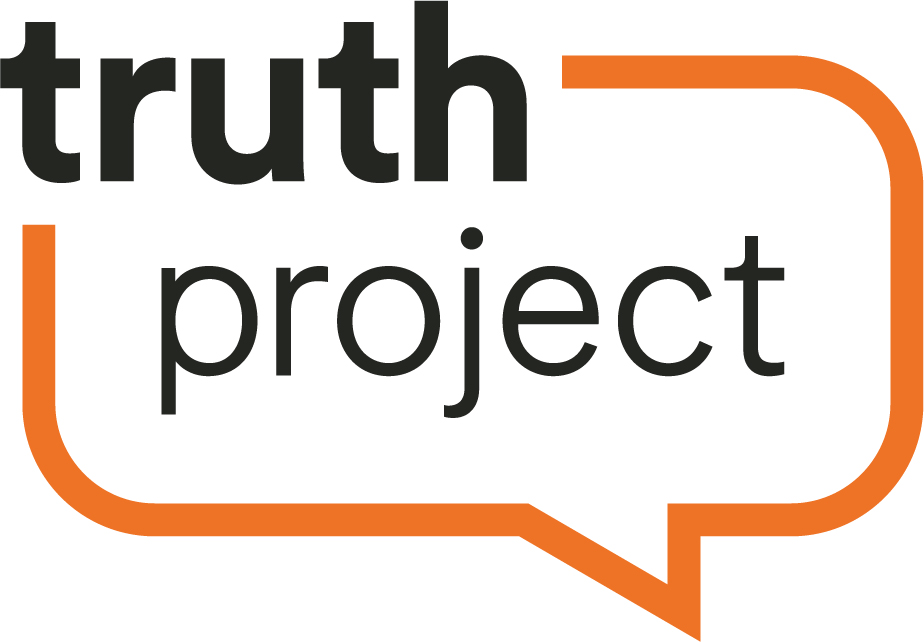What is neurodiversity? It might sound scientific or complex, but the term is really a way to reflect the variety of differences in how the brain works. To break it down, neuro relates to the nerves and the nervous system found throughout our bodies, which stem from the brain and spinal cord. Diversity relates to the fact that we are all unique and our differences positively contribute to making the fabric of society more colourful. It should welcome us all for being who we are.
Over the decades – and even today – the term, after being coined by the autism movement, has gone on to be adopted by a wider audience who present as having differently wired brains. This includes people with ADHD, dyspraxia or obsessive compulsive disorder, for example. In short, it means that brain differences are simply that – differences.
Being wired differently is something that is part of my reality. Whilst I have since learnt to embrace these differences, they are something I continue to live with every day – and that’s the part which isn’t always easy.
Throughout my life, a number of things have impacted the way my brain works, the way it thinks. Whilst these events have been spread throughout the timeline of my life, the first starts at the very beginning. The day I was born in fact. I came into this life not breathing, born with no nursing staff present. When they did appear, I was pushed and slapped and I had already sustained brain injury, causing paralysis and cognitive differences. The second happened not long after. When I was just six, I began to suffer life impacting sexual abuse that lasted throughout my childhood. Whilst the trauma imprint left on my brain and body still keeps score to this day, the impact of these two childhood events at the time led me on a desperate search for safety.
As a child, I withdrew into a closed world where no one could reach me unless I allowed them in. However, no matter how high I built my walls, I’m sad to say that there were always those who managed to break through them and abuse me further.
Thirdly, in my late 20s, I had a stroke. Though this came as a shock, it just confirmed to me that my differently wired brain and nervous system was a gift, and needed to be valued and used wisely. Over the years, I grew to embrace the differences that life has dealt me and I have used them to be innovative and creative. My walls began to come down.
Until I was 30 I had tacitly accepted what people had told me time and time again. From their perspective, my disability and the fact I was wired differently were something negative, that they would forever limit me. As it turns out, this is simply not true.
After three decades, I decided to start knocking on employers’ doors. When one eventually opened, I took the only opportunity on offer: putting screws in plastic bags alongside other disabled employees. I set out to make life better for all those like me who were given the prefix ‘dis’ – those labels like disadvantaged, disabled, dysfunctional, disaffected and disempowered, which are sometimes used to belittle and categorise us. To make us feel less than those who hold the power and who run the show.
Aspiring to run a business was not on anyone’s radar except mine. However, within a decade or so, I became the manager of the whole business, running the entire kit and caboodle. I flourished because I was differently wired, innovative and creative. This period of my life showed that I could achieve goals in life, help others and be fulfilled. So if you too find that you are wired differently because of trauma caused by childhood sexual abuse, or because of another life event, remember you can achieve. You can fulfil your goals and you will survive.
The Truth Project, part of the Independent Inquiry into Child Sexual Abuse, is encouraging neurodiverse people who were sexually abused as children to share their experiences, to help better protect children in future. Participants can choose to take part in a way that suits them, such as in writing, over the phone, by video call or by attending an in-person session. Additional support options have been developed to ensure that those who identify as neurodiverse feel comfortable to access support from us.
Whilst the Truth Project will close during 2021, for now we are still here. You can find more information about how to share by visiting the Truth Project website.
Kit Shellam is a member of the Victims and Survivors Consultative Panel for the Independent Inquiry into Child Sexual Abuse.




